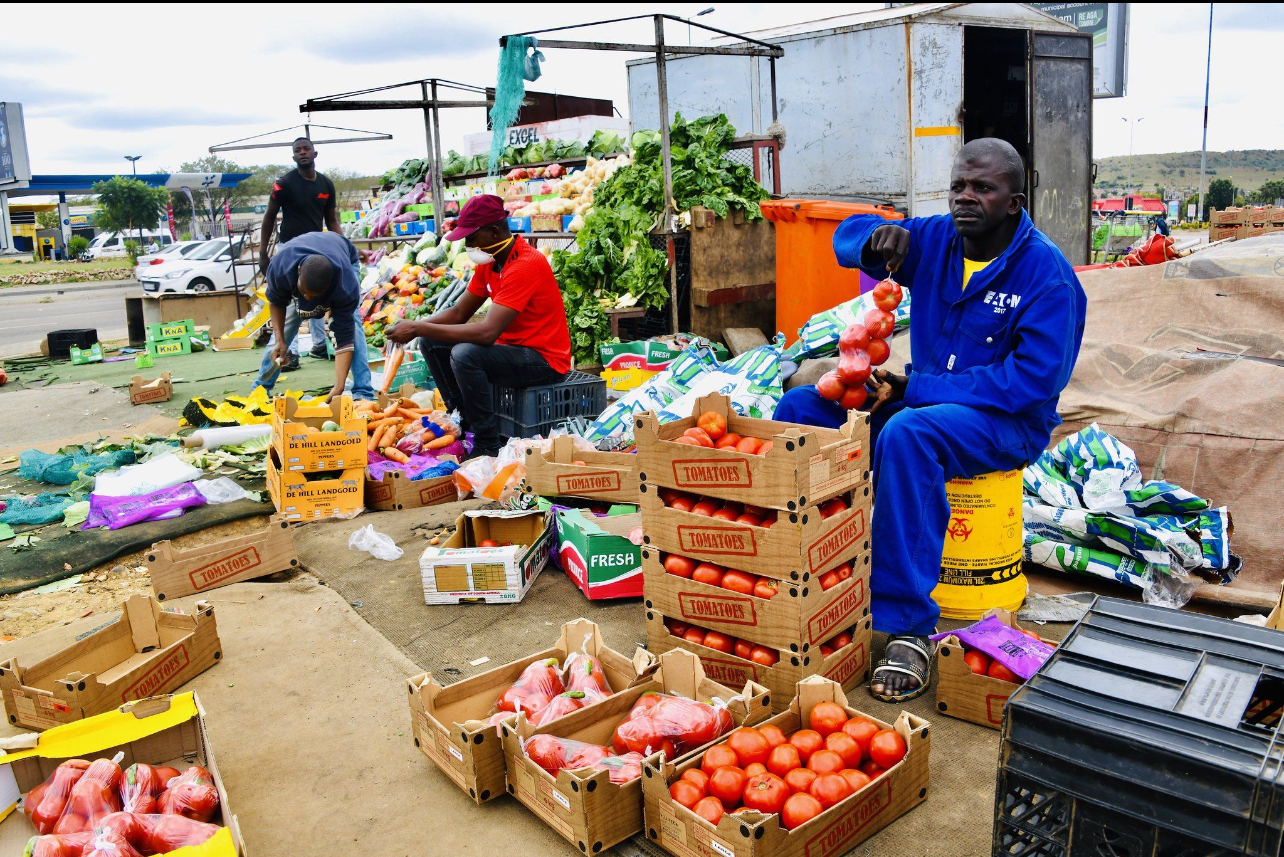 Property developers in Zimbabwe are increasingly converting vacant central business district (CBD) office spaces into compact retail units to cater to the country’s expanding informal trading sector. This shift comes as businesses relocate from traditional CBD areas to suburban locations, driven by factors such as aging infrastructure, high rental costs, and limited parking facilities.
Property developers in Zimbabwe are increasingly converting vacant central business district (CBD) office spaces into compact retail units to cater to the country’s expanding informal trading sector. This shift comes as businesses relocate from traditional CBD areas to suburban locations, driven by factors such as aging infrastructure, high rental costs, and limited parking facilities.
According to reports from major property firms like First Mutual Properties (FMP) and Mashonaland Holdings Limited, developers are adapting to these trends by transforming underutilized office spaces into small-scale retail outlets. This approach aims to accommodate the growing number of informal traders seeking affordable and accessible business premises.

The informal sector plays a significant role in Zimbabwe’s economy, with estimates suggesting it generates annual revenues of approximately US$14.2 billion. This sector also maintains a substantial cash flow, with around US$2 billion circulating at any given time.
By repurposing CBD spaces for informal trading, property developers are not only addressing the surplus of vacant office spaces but also supporting the livelihoods of many who rely on informal commerce. This trend reflects a broader adaptation within the real estate market to the evolving economic landscape and the needs of the informal sector.

